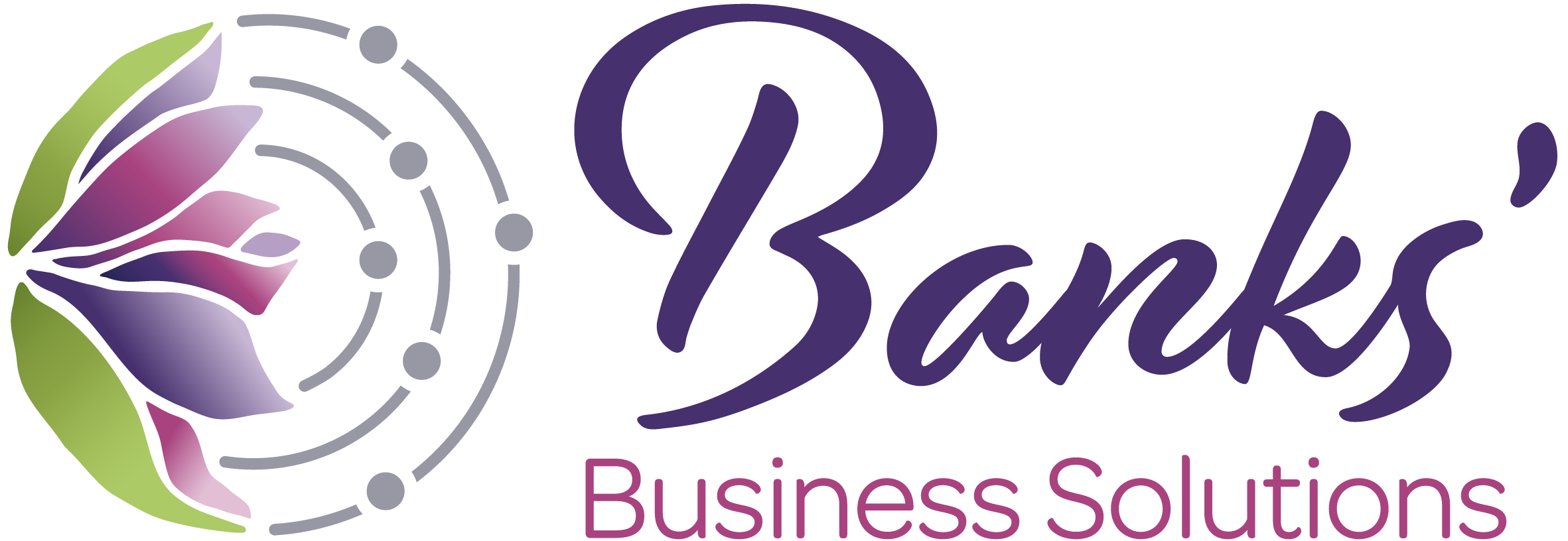How To Manage Facebook Group Overload
I plan my blog calendar around a year in advance, so when I settled on this one “lockdown” was something few of us had an understanding of, let alone being part of. I wanted to write this blog originally because I was getting overwhelmed by social media, particularly the many Facebook groups I was a part of and the demands they were placing on my time.
Roll on to December 2020 and many more of us are spending more time at home, and more time on social media as a result. That means the overwhelm has only intensified for most of us and that can lead to some serious issues as a result, social media is known to trigger mental health problems, for example.
I want to share with you some of the ways in which you can reduce the overwhelm from your social media use, particularly how to manage Facebook groups you’re a member of so they’re benefitting you and your business rather than being detrimental.
Limit the number of groups you’re in
There are a LOT of Facebook groups that are relevant to us. Some we search for, some are recommended to us, some we join after we sign up for a course or membership, and some we’re added to by other people (a pet peeve btw!)
It’s easy to become a member of hundreds of Facebook groups without really realising it. It’s not until you notice how little you see of your friend’s and family’s posts because your feed is taken up with these groups posts that you perhaps realise just how problematic it can be.
There’s no doubt that networking and learning through Facebook can be beneficial to your business, but it takes time. If you’re spending ten minutes per group every day, well, do you have time for anything else?
Take a look at the groups you’re a member of and do a cull. Look out for inactive groups, those that don’t have many posts or active members, those that aren’t relevant anymore (i.e. you completed the course) and those you really don’t enjoy being a part of! You can leave those now.
Make a note of the groups you’re not sure about and come back to them next month -have you used them in that time? If not, ditch them.
Limit the time you spend on Facebook groups
I’ve already touched on this briefly but minimise the time you spend in these groups.
The best way to do that is by having a plan. What is the benefit of that group to you and how can you achieve it in less time? Having a checklist to run through can help – check for new posts, respond to a post and follow up on a post might be on yours. Just make sure you don’t end up getting lost down the rabbit hole!
Many people use Facebook groups for marketing purposes, with many groups having set days where you can share your blog posts, promote your offerings, etc. Create a spreadsheet of these groups and the days you can do these things, then look at this and go to the relevant groups for that day (rather than trying to check every group every day).
Do prioritise the groups that bring the most benefits/opportunities your way. If you only have thirty minutes to spend on Facebook each day, spend it in the groups that you’re more likely to get work from and save the other groups for when you have more time.
Limit the notifications you receive from your Facebook groups
Facebook settings have a tendency to change whenever they do an update, so you might have joined a group and set the notifications to “highlights”, but it’s now changed to “all posts”.
Go into each group you decide to remain a member of and tweak the notification settings to suit you. It might be a good idea to set the best groups to “all posts” but if it’s a very active group this can quickly get overwhelming. “highlights” is the best in most cases.
You can even turn notifications off, which might be a good idea if you’re part of a group that belongs to a course or membership and you don’t want to be notified when everyone else has a question!
If you really want to reduce your Facebook overwhelm and you do have time to visit your groups regularly, setting all notifications to “off” might be a good idea (but only if you’re comfortable with potentially missing something important).
Reducing social media overwhelm, particularly from Facebook groups, is all about setting boundaries – oftentimes being strict with yourself! By limiting the number of groups, the time you spend on them and how you hear from them will help you to be more efficient and effective when you do interact with them. Remember, they’re there to benefit your business so if they’re not doing that, change things until they do!

